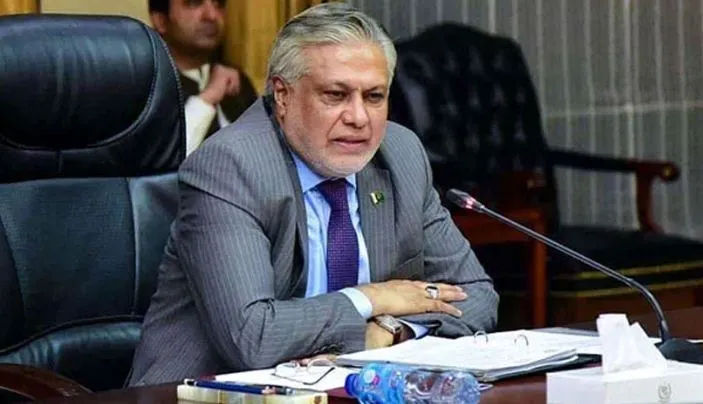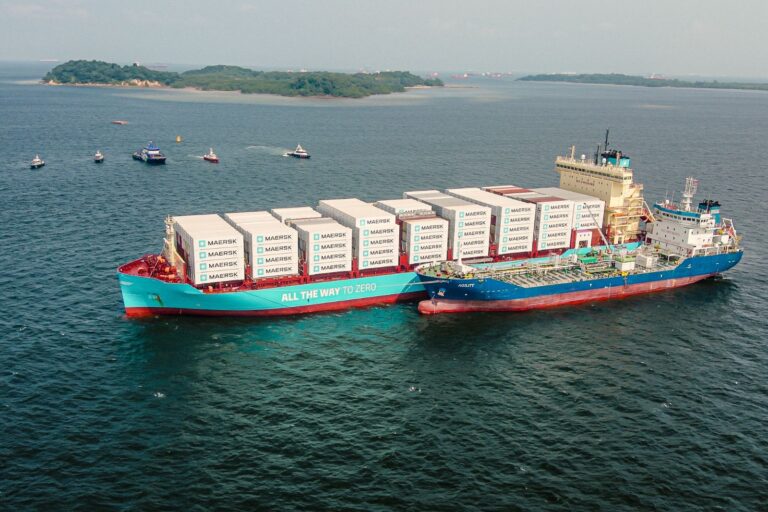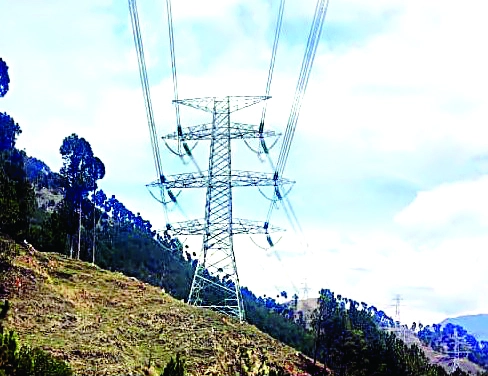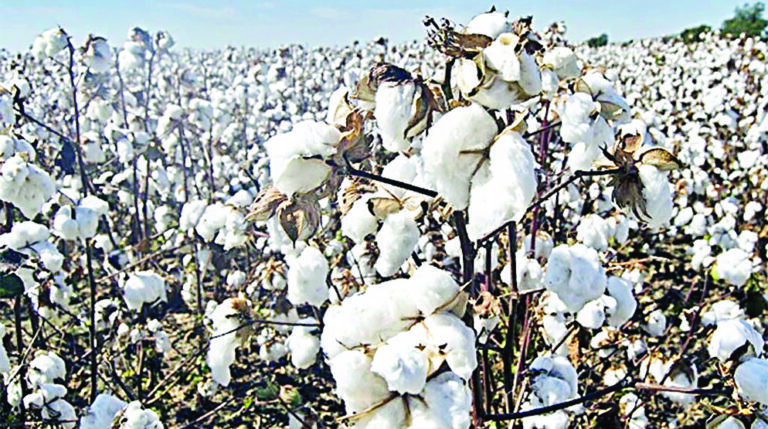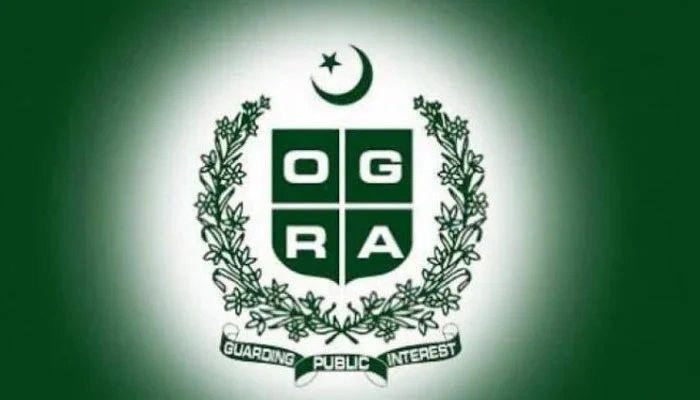“Ishaq Dar Emphasizes ISSI’s Role Amid Global Transformations”
Islamabad.
Deputy Prime Minister Ishaq Dar has said that it is a real pleasure and honor to participate in the 51st Foundation Day of Institute of Strategic Studies Islamabad.
Since its establishment in 1973, the Institute has made impressive strides and has become a premier think-tank in Pakistan. The Institute is widely recognised for its quality research and as an inclusive platform for multi-stakeholder dialogue.Breaking Boundaries: LIIBS 2024 Unites Global Leaders in Islamabad
The Foreign Office deeply appreciates ISSI’s role in strengthening the linkage between the research and policy communities. It enriches the policy process on a range of strategic and foreign policy issues.
The world we are living in, today, is undergoing a profound transformation. Many world leaders – from President Xi Jinping to Chancellor Olaf Scholz – have highlighted the ‘global tectonic changes’ underway or ‘changes unseen in a century’.
Indeed, one era in global politics is ending; another era is beginning. Specifically, in a consequential development, the world order is moving towards multi-polarity.
We are also living in an unprecedentedly tumultuous and dangerous world. Old and traditional security threats are being compounded by new and non-traditional threats and challenges.
There are ongoing wars in Europe and the Middle East:
* A genocide of Palestinian children and women in Gaza;
* Raging and simmering military conflicts in several Continents;
* Long-standing unresolved political disputes from Palestine to Kashmir;
* Near collapse of the painstakingly built arms control regimes and intensification of arms races in the nuclear and conventional domains;
* Unprecedented growth and militarisation of new and critical technologies; mainstreaming of far-right extremist ideologies and populist politics;
* Interlocking food and fuel crises accentuated by the global pandemic and growing geo-political tensions; rise of pernicious phenomena like Islamophobia; and
* Exponential increase in disinformation and ‘grey zone’ conflict; and the existential threat of climate change.
At the same time, we are witnessing the weakening of commitment to the purposes and principles of the UN Charter and the international law.
There are circles pronouncing the premature demise of globalisation. There are reversals in the realisation of Sustainable Development Goals (SDGs).
International cooperation and solidarity have been severely undermined. Multilateralism is under assault and a drift towards so-called ‘mini-lateralism’ through the creation of smaller, exclusionary groups is on the rise.
Above all, the deepening major power contestation is affecting global politics, economy, and inter-state relations.
Nations across the globe are apprehensive about the real possibility of bloc politics and the competition turning into confrontation. A spectre of new Cold War is haunting the world.
Located at the crossroads of South Asia, Central Asia, and the Middle East, Pakistan occupies a strategic space — regionally and globally. With its rich natural and human resource endowments, and aggregate national power potential, Pakistan is counted among the pivotal states of the world.
Naturally, Pakistan is also profoundly affected by the strategic global environment that I have just scanned for you. I am happy to share Pakistan’s perspective on these issues.
To begin with, at this defining moment in global history and politics, Pakistan believes that the need for deeper reflection and handling of threats and challenges with wisdom and foresight cannot be stressed enough.
Further polarisation and fragmentation would result in further destruction on our fragile planet – the only home for the entire humanity. It should be clear to everyone that our salvation lies in finding collective solutions to our common problems.
Indeed, issues related to growing inequalities, international terrorism, transnational crimes, complex migration, cyber security, nuclear weapons, and humanitarian crises cannot be solved by any single country.
Closer international collaboration is an imperative ignored only at our own peril. Communication, dialogue and negotiations are essential for reducing the current and future risks and for fostering a collaborative approach that caters to the needs and aspirations of all nations, big or small.
Averse to bloc politics, Pakistan firmly supports an approach that prefers cooperation over confrontation. An approach that is built on reaffirmation of faith in and commitment to the UN Charter and international law.
An approach that places premium on strengthening multilateral norms and institutions. An approach that prizes mutual respect, peaceful coexistence and win-win solutions.
Distinguished participants,
In the regional context, Pakistan’s approach is conceptualised in the “peaceful neighbourhood” policy. In essence, it seeks the creation of a peaceful external environment so that our core national objective of sustainable economic development could be assiduously advanced.
As such, Pakistan remains a strong proponent of the inextricable link between peace and development.
Within this framework, Pakistan has consistently strived to have peaceful, cooperative and good-neighbourly relations with all countries in our immediate and extended neighbourhoods. Despite challenges and even setbacks in certain instances, Pakistan’s approach remains steadfast.
A peaceful, stable, united, and prosperous Afghanistan is in Pakistan’s vital interest. There are no other two countries in the world that share so much as Pakistan and Afghanistan do – from history and geography to faith and culture to language and literature to cuisine and music.
Since the Taliban takeover in August 2021, Pakistan has followed a pragmatic approach – focused on practical cooperation aimed at averting any humanitarian crisis in Afghanistan and facilitating the well-being of the 40 million Afghan people.
Pakistan has also prioritised regional cooperation to ensure that our actions remain in sync with the broader international community. Apart from emphasising inclusive governance and respect for the rights of all Afghans, Pakistan stresses the imperative need to ensure that Afghanistan’s soil is not used for terrorism against any state.
Pakistan earnestly hopes the Afghan Interim authorities would see that it is in their own enlightened self-interest to heed this call and take the practical steps needed to address our serious concerns.
If the vision of a peaceful and stable Afghanistan is realised, the fruits of economic cooperation, regional integration, and connectivity would be enormous. Not only the Afghan people will benefit tremendously but also the dividends of shared prosperity would extend to Central Asia and beyond.
To our east, the relationship with India has historically remained troubled. Pakistan does not believe in perpetual hostility. We seek good-neighbourly relations with India on the basis of mutual respect, sovereign equality, and a just and peaceful resolution of the long-standing Jammu and Kashmir dispute.
While Pakistan has always been receptive to constructive engagement through dialogue that includes all outstanding issues, Pakistan would never agree to unilateral approaches or attempts to impose India’s will or hegemony.
We will also take every step needed to maintain strategic stability in South Asia and would respond effectively and decisively to any ill-considered military misadventure by the ‘Hindutva’ driven dispensation in New Delhi.
In our view, as the BJP-led NDA government starts a new term, it is time for a sober reflection on the future of India-Pakistan relations and the cross-cutting issues affecting the entire region.
India’s illegal and unilateral actions of 5 August 2019 had adversely affected the environment of bilateral relations. The onus remains on India to take necessary steps to create an enabling environment for purposeful engagement and result-oriented dialogue on all issues.
In this context, it is equally important that India eschews its relentless smear campaign against Pakistan, desists from its state-sponsorship of terrorism and extrajudicial killings inside Pakistan, and takes tangible steps to move the relationship in a positive direction.
South Asia is home to more than one-fifth of humanity. The region is beset by daunting challenges including poverty, unemployment, illiteracy, disease, food insecurity, water scarcity, natural disasters, environmental degradation, and effects of climate change.
Rather than fight with each other, it would be prudent for the South Asian nations to combat these challenges. We are not only the least economically integrated region, but also one with the lowest rankings on almost all indices of human development.
The South Asian Association for Regional Cooperation (SAARC), the only viable platform for regional cooperation and tackling these myriad challenges, remains stymied due to obstinacy of one member state.
The political leadership in South Asia owes it to its peoples and future generations to act with prudence and turn a new page in regional relations and mutual cooperation.
Within the neighbourhood, Pakistan has its most trusted and reliable friend, China. Our all-weather strategic cooperative partnership with China is the cornerstone of Pakistan’s foreign policy.
It is also a factor of stability in the region and beyond. The China Pakistan Economic Corridor is a transformational project contributing both to Pakistan’s economic turnaround as well as regional prosperity.
The Prime Minister’s recent visit to China and his deep consultations with the Chinese leadership have resulted in reaffirming the strategic importance the two countries attach to this relationship and to the pivotal role of CPEC.
Upon successful completion of 10 years of CPEC, we have jointly agreed to pursue its upgraded version in the coming years. Essentially, our focus would be on industrialisation, digitalisation, green transition, agriculture, and people-to-people exchanges.
We will do everything possible to ensure safety and security of Chinese personnel and projects in Pakistan and to safeguard CPEC against the machinations of inimical forces. The Pakistan-China relationship would continue to stand tall and serve the best interests of our two nations.
Distinguished participants,
Our endeavours to forge deeper partnerships with other neighbours including with Iran, with our fraternal Gulf Arab nations, with Türkiye, and with Central Asian States and Azerbaijan, will continue apace.
Our primary focus is on forging closer trade and investment ties and increasing regional connectivity. In this regard, the Special Investment Facilitation Council (SIFC) is playing a significant role.
In this troubled world, the guiding principle for our foreign policy is to optimally enhance Pakistan’s diplomatic space and room for autonomous action.
In this context, a stable, cooperative and durable relationship with the United States is of immense importance. Pakistan is equally conscious of the imperative of having good relations with all major powers.
As such, beyond the U.S. and China, we are working to forge closer cooperation with Russia, European Union, Japan, and ASEAN. This would help Pakistan navigate the complexities of today’s geo-politics and advance its goals of economic security and development.
In fact, Pakistan’s ‘pivot to geo-economics’ is primarily aimed at realising the potential of Pakistan’s geo-strategic location and forging development partnerships with all key actors.
Distinguished participants,
We are acutely aware that this is an expansive foreign policy agenda, requiring every ounce of resources that we can mobilise. We are also aware that external influence is contingent upon internal strength.
Foreign policy, indeed, rides on the twin pillars of political stability and economic growth. Our endeavours on these counts would continue in order to ensure that Pakistan not only realises its full potential as a nation-state but also fulfils its destiny as a force for good at the global level.
Pakistan’s recent election as a member of the UN Security Council for the term 2025-26 offers another valuable opportunity to us to make our rightful contribution to international peace and security.
With these words, I thank the ISSI for this valuable opportunity to share my thoughts with this august gathering. I also congratulate the ISSI leadership for imparting new vision and vigour to the Institute’s work.
The need for disseminating Pakistan’s narratives is of utmost importance and ISSI is an important platform which plays a seminal role in this regard.


